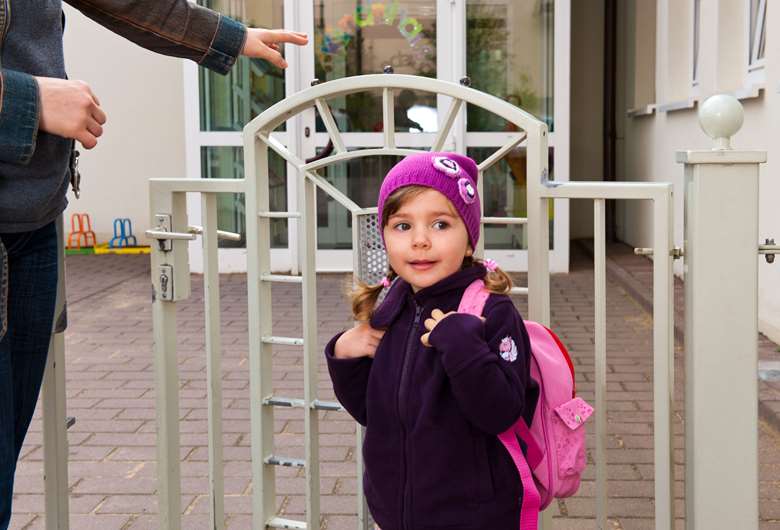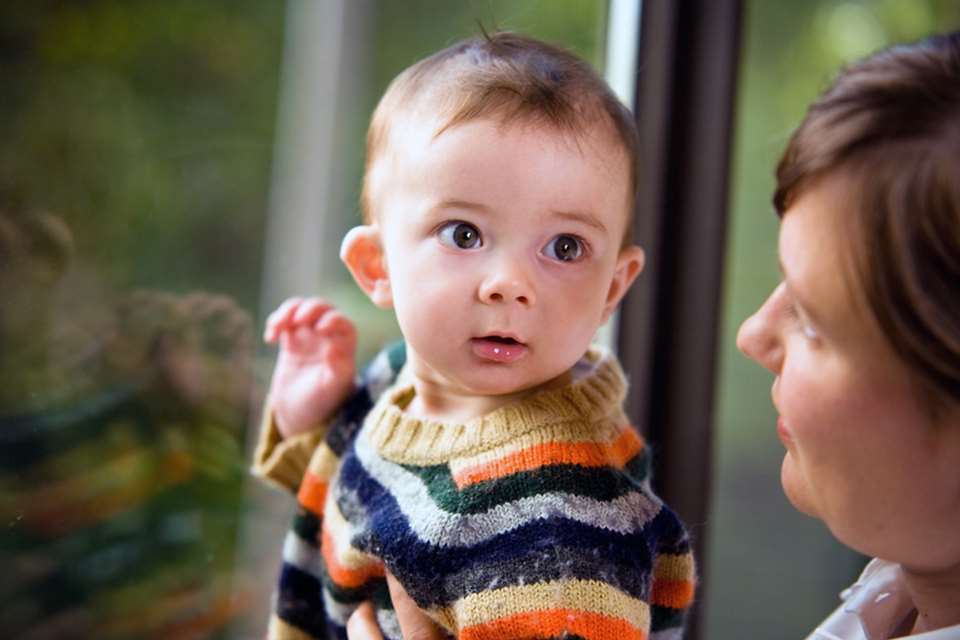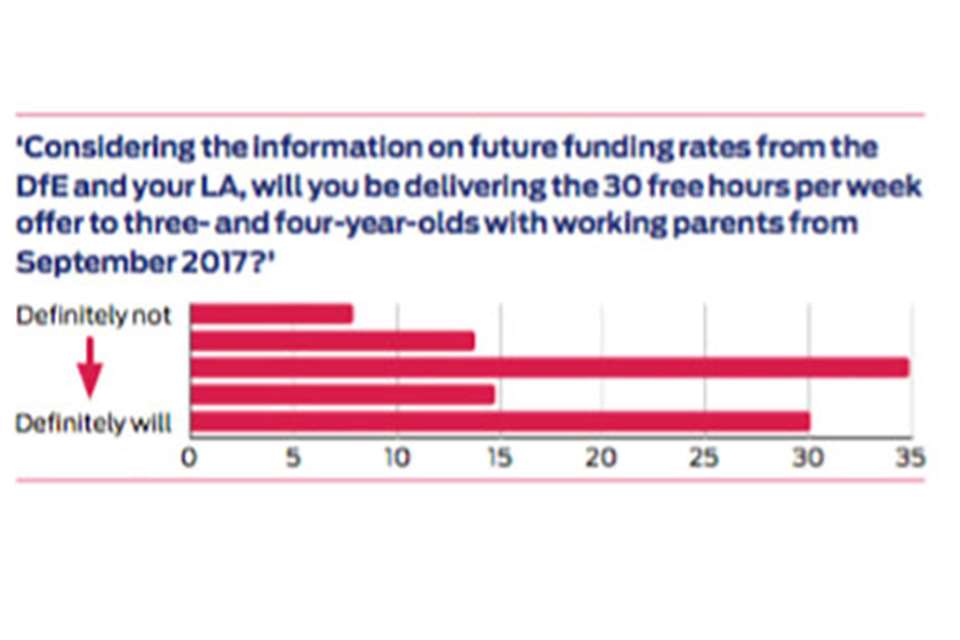DfE figures show more two-year-olds in schools
Thursday, June 29, 2017
The number of two-year-olds in nursery schools and nursery classes in primary schools has risen in the last three years.

The latest Department for Education (DfE) statistics on Education Provision for Children Under Five, January 2107, show a slight increase in the number of eligible two-year-olds taking up their funded place, from 68 per cent in January 2016 to 71 per cent in January this year.
The figures also show that more two-year-olds are now in maintained nursery schools and nursery classes in primary schools. In January 2017, there were 11 per cent of two-year-olds in nursery schools and classes, up from 3 per cent in 2014.
The increase is largely down to a rise in the number of two-year-olds in nursery classes in primary schools, up from 1 per cent in 2014 to 7 per cent this year.
According to the latest figures, private and voluntary providers now provide 84 per cent of two-year-old places, down from 96 per cent three years ago. Just 4 per cent of two-year-olds are in childminding settings.
The latest statistics also show an increase of 12 percentage points on last year in the number of funded two-year-olds taking up their place in a good or outstanding setting. As of January 2017, 96 per cent of eligible two-year-olds were in good or outstanding settings, up from 84 per cent in 2016.
Overall, private and voluntary providers, including childminders, have the greater share of two- and three-year-olds (88 per cent and 62 respectively in January 2017). However, maintained settings (i.e nursery schools and classes in primary schools) have a greater share of four-year-olds (79 per cent).
The figures also show that in January 2017, just 11 per cent of all three-year-olds and 13 per cent of all four-year-olds were receiving the Early Years Pupil Premium funding.
Minister for children and families Robert Goodwill said, 'Every child in our country deserves the best possible education at every stage of their life. So, I'm delighted that 95 per cent of three and four-year-olds are benefitting from our free offer and we've seen a significant increase in the numbers attending settings rated good or outstanding by Ofsted.
'We are determined to support as many families as possible with access to high-quality, affordable childcare, which is why we are doubling our free offer to 30 hours per week for working parents - backed by a record £6 billion investment per year by 2020.'
Commenting on the figures, Neil Leitch, chief executive of the Pre-School Learning Alliance, said, ‘We know that quality early education and care has a significant impact on children's long-term life chances, particularly those from more disadvantaged backgrounds. As such, it is positive to see take-up for the two-year-old funded childcare offer continuing to rise.
‘That said, we remain concerned that without sufficient investment into the early years sector, this progress is likely to be undermined by the introduction of the 30-hour offer for three- and four-year-olds. Our recent survey of early years providers found that four in ten of those planning to deliver 30-hours places expect to reduce the number of places they offer to children of other ages.
‘It simply isn't acceptable for one group of children to benefit at the expense of another, just because the Government isn't willing to invest what is needed into the system. All parents should be able to access the childcare they've been promised, but without adequate funding, this simply won't be possible.’
Liz Bayram, chief executive of PACEY, said, ‘This latest data once again highlights the heavy reliance government has on PVI providers to deliver its funded hours. It reinforces how vital it is to ensure this funding is sustainable for all registered providers, so that children can continue to attend good and outstanding settings. If the roll out of 30 hours of funded early education continues as planned providers in many areas will not be able to afford the investment in staff and training that they need to maintain the high-quality care they deliver. School provision can only ever be part of the solution when families need childcare all year round.
‘The data also shows that childminding could play a much larger part in the delivery of funded places but, as PACEY has highlighted repeatedly, only if funding levels are sustainable, payment is prompt and local authorities do more to support parents to understand the unique contribution childminding can offer their children’s early education.'
Purnima Tanuku, chief executive of National Day Nurseries Association (NDNA) said, 'These statistics reveal some interesting patterns and developments in early years education and childcare.
'One factor that stands out is the increasing dependence on the private, voluntary and independent sector for preschool places for three-year-olds.
'As the report says, the proportion of three-year-olds in private and voluntary providers has been gradually increasing since 2011.'
She added, 'The report also shows that though there has been some growth in the maintained sector providing for two-year-olds, private, voluntary and independent nurseries are still the main providers. Also, overall take-up for two-year-old places is up but still only stands at 71 per cent.
'This means nearly a third of children who stand to gain the most from a high-quality nursery place are missing out, even though we are several years in to the two-year-old offer. NDNA believes that more needs to be done to reach out to parents, and also for funding to be sufficient to encourage providers to offer more places and promote them to the children and families who could really benefit.'
-
See also Schools, pupils and their characteristics: January 2017, information collected in the January 2017 school census, including the number of schools and pupils.









